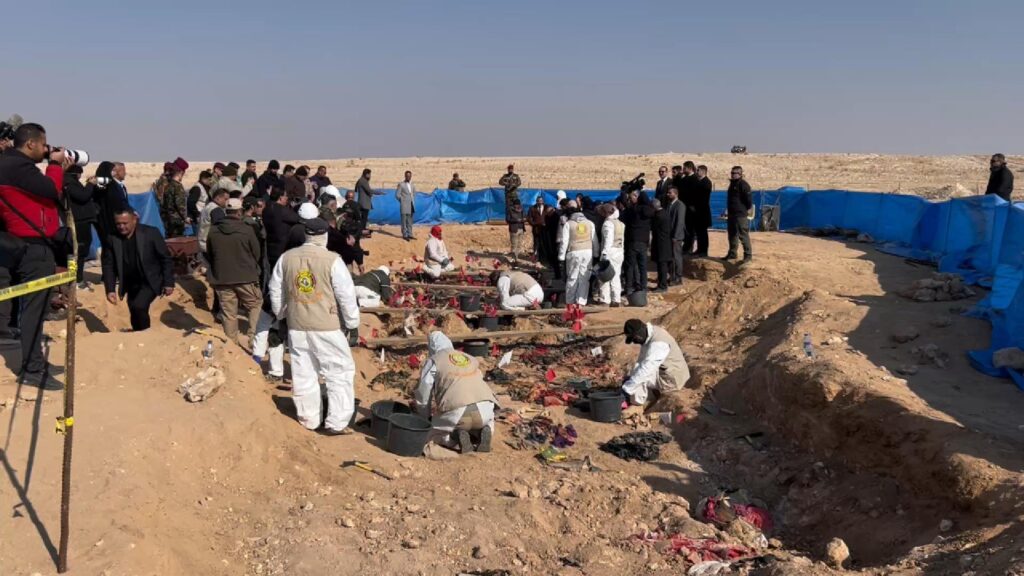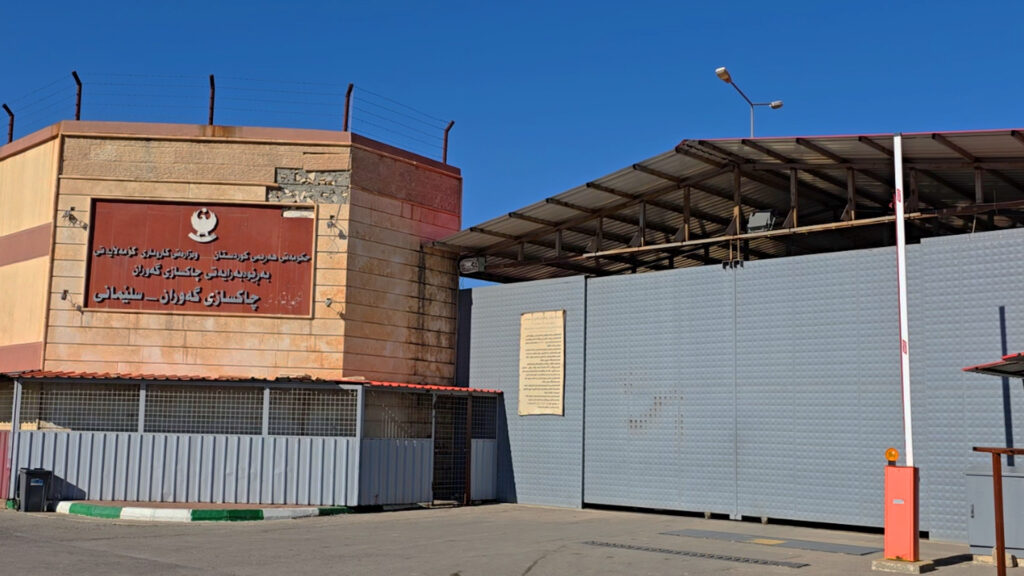Iraq: ISHM: May 28 - June 4, 2020

Key Takeaways
Parliament Resumes Election Law Discussions; Fatah To Push For U.S. Expulsion During Strategic Dialogue; Kadhimi Presents Candidates To Fill Vacant Cabinet Positions – On May 31, the Saeroun alliance of Moqtada al-Sadr renewed its attacks on Parliament Speaker Mohammed al-Halbousi, holding him responsible for the “clinical death” of the legislature and calling for early elections. On June 1, political sources said two senior members of the Badr organization and an ally for Nouri al-Maliki were competing to become the director of the prime minister’s office. On June 2, protesters in Sulaymaniyah called for the resignation of the KRG. On June 2, an MP said that a group of nearly 50 representatives were considering forming a new cross-sectarian bloc to provide parliamentary support for PM Kadhimi. On June 3, an Iranian delegation led by Iran’s energy minister and General Ismael Qaani visited Baghdad for meetings with top Iraqi officials. On June 3, Speaker Halbousi asked the heads of parliamentary blocs to meet with the legal committee on June 6 to review a new version of the election law. On June 3, the Fatah coalition said that it intends to participate in the U.S.-Iraq strategic dialogue later this month to push for the departure of U.S. troops, threatening to withdraw confidence from PM Kadhimi if he did not cooperate. On June 4, Speaker Halbousi received the names of candidates for the seven vacant portfolios in Kadhimi’s government. more…
Iraqi Forces, Coalition Airstrikes Kill Dozens Of ISIS Militants In New Operations Amid Sporadic ISIS Attacks - Between May 28-June 4, three IEDs killed two members of the Iraqi security forces (ISF) and injured 15 people (three civilians and 12 ISF members) in Baghdad, Ninewa and Kirkuk. Two other ISIS attacks killed one ISF member, at least three civilians, and wounded five other ISF members in Salah ad-Din and Diyala. On May 30, security sources said that Turkish airstrikes killed two civilians near Amadiyah in Duhok province. On May 29-30, the ISF killed four ISIS militants in Diyala and Kirkuk. On June 2, the ISF launched a new operation targeting ISIS militants in southwestern Kirkuk. The ISF killed at least two ISIS militants, destroyed a large number of tunnels and hideouts used by ISIS, and uncovered explosives and munitions, including three vehicle borne IEDs. Between June 2-June 4, airstrikes by the International Coalition in support of ISF operations killed at least 13 ISIS militants south of Kirkuk and 19 other militants in southeastern Ninewa. more…
Iraq Extends Curfew Orders; KRG Cancels Curfew After Angry Protests; New COVID-19 Cases And Deaths Accelerate Further – On May 30, the Iraqi government decided to impose a total curfew from May 31 through June 6 in an effort to contain an escalating COVID-19 outbreak as the country reported hundreds of new cases each day. On May 31, the KRG too said it decided to impose a total curfew across the region through June 6 to contain the spread of COVID-19, but news of the curfew sparked angry protests, forcing authorities to reconsider the policy and allow businesses to reopen. On June 4, the Iraqi Ministry of Health reported that the number of confirmed COVID-19 cases increased this week to 8,840 representing a new record weekly increase in confirmed infections. Deaths from confirmed cases of COVID-19 reached 271 while a total of 4,338 patients have recovered. To date, Iraq has tested a total of 272,259 samples for COVID-19. Iraq’s health minister urged the public to comply with government instructions and stay at home due to the “critical situation” Iraq is facing while the director of health in Baghdad expressed concern that poor compliance with preventive measures threatens to overwhelm the system and exceed the available hospital bed capacity. more…
Baghdad And Erbil Pursue Cost-Cutting Measures; Oil Revenue Sees Marginal Boost In May; Iraq And Iran Sign 2-Year Electricity Sale Agreement - On May 30, the Iraqi government said it will pursue several steps to reduce pay inequality, including eliminating double pay, canceling pensions for former residents of the Gulf War-era Rafha refugee camp, and pay cuts for senior officials. Meanwhile, the government has asked Parliament to authorize borrowing from domestic and foreign lenders to compensate for the severe loss of revenue due to low oil pieces. The KRG too announced a decision to reduce the salaries of its top-paid officials and said it was is preparing an audit of its revenue ahead of anticipated meetings with the federal government to settle their budgetary disputes. On June 1, the Ministry of Oil said that May oil exports averaged 3.212 million bpd, generating $2.091 billion in revenue, higher than April’s low of $1.432 billion, but dramatically lower than February’s $5.5 billion. On June 3, Iranian energy minister Reza Ardakanian visited Iraq and said he signed an agreement with Iraqi officials to sell Iranian electricity to Iraq for two years and obtained $400 million in funds owed to Iran for past energy sales. more…
For more background on most of the institutions, key actors, political parties, and locations mentioned in our takeaways or in the stories that follow, see the ISHM Reference Guide.


